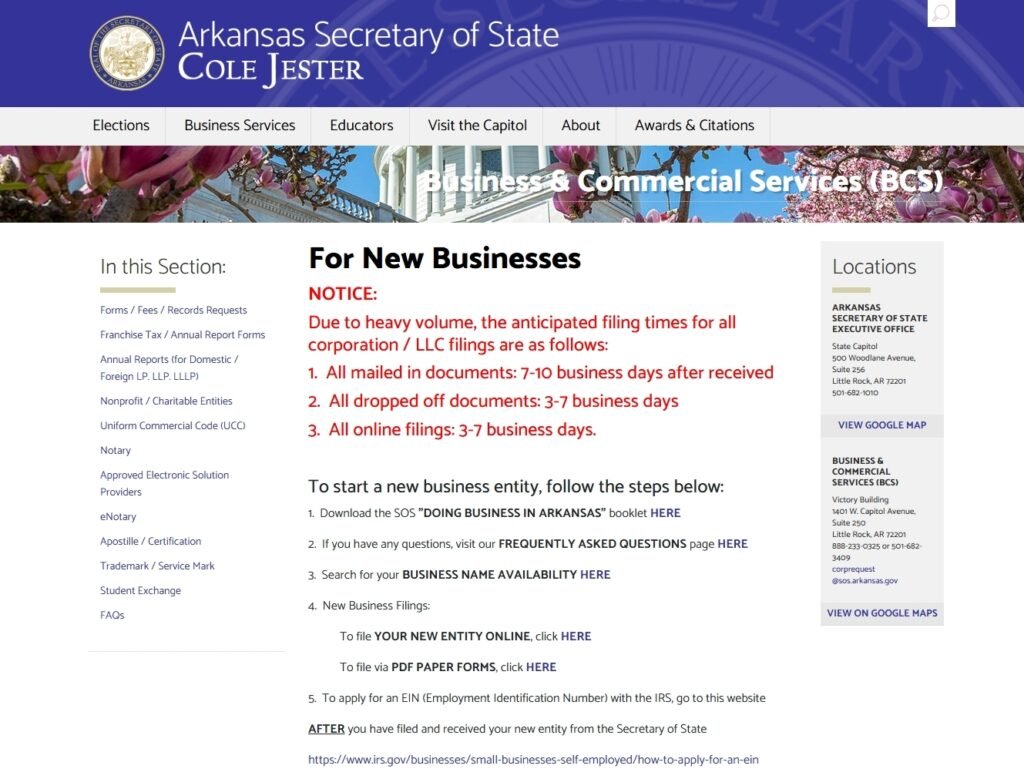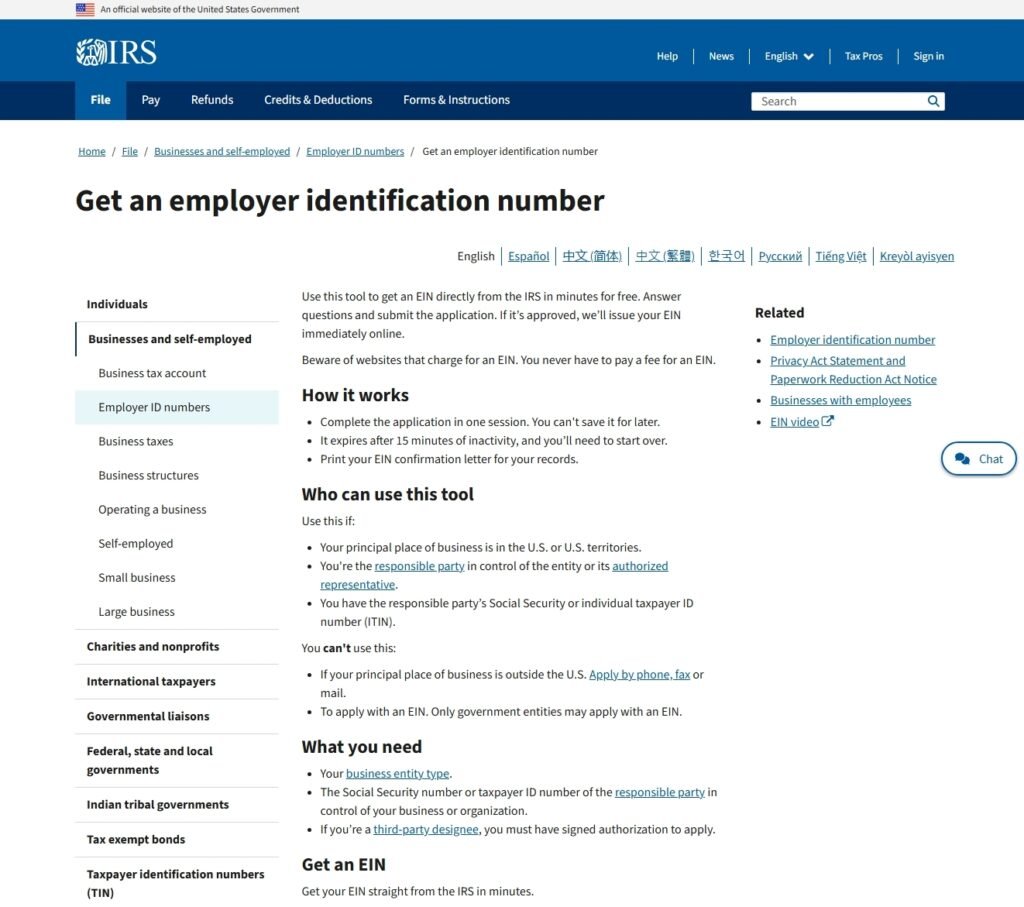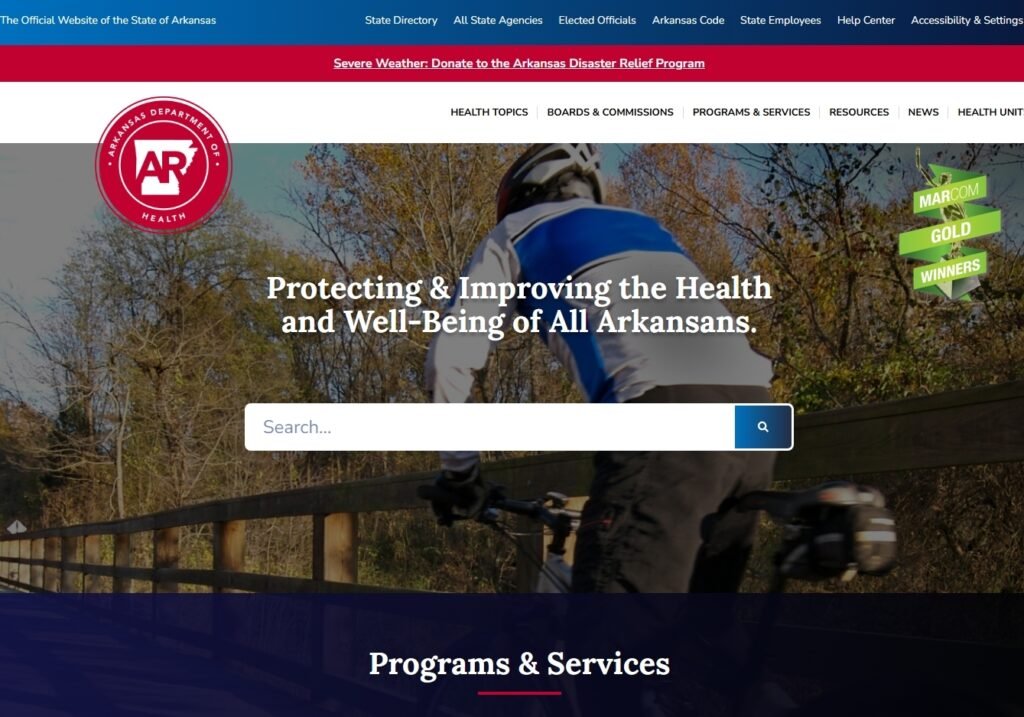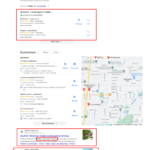Arkansas has plenty of green space, rolling land, and growing cities, which means there’s no shortage of yards, gardens, and commercial spaces needing a landscaper’s touch. Whether you’re planning to mow lawns or install full irrigation systems, there are a few important legal boxes to check before you can hit the ground running.
Let’s walk through everything you need to set up a legitimate landscaping business in Arkansas—from registering your business to getting pesticide certified (if needed), and making sure you’ve got the right insurance.
1. Register Your Landscaping Business with the State
Before anything else, you’ll need to legally register your business with the Arkansas Secretary of State. This step is required whether you’re working alone as a sole proprietor or planning to launch a full-blown LLC or corporation.
What to Do:
- Choose a Business Structure: Most landscapers go with a sole proprietorship, LLC, or partnership.
- Register Your Business Name (DBA): If your business name is anything other than your legal name.
- File Your Business Entity: Register online through the Secretary of State’s site.

Cost:
- Name registration: Around $25
- LLC filing: $45 online or $50 by mail
Once you’re officially registered, you’ll also want to get your Employer Identification Number (EIN) from the IRS if you’re hiring or setting up anything beyond a sole proprietorship.

2. Landscape Contractor License
Arkansas doesn’t require a general landscaping license, but if you plan to work on a scale that involves maintaining certain sizes of property, you’ll need a Landscape Contractor License.
License Levels (Based on Area):
- 1 to 5,000 square feet
- 5,001 to 15,000 square feet
- Exceeding 15,001 square feet
Subcontractors working under a licensed landscaping contractor do not need to be licensed individually.
Apply for a Landscape Contractor License
Other Requirements:
- Surety Bond of $1,000
- Proof of Public Liability Insurance:
- $100,000 bodily injury per occurrence
- $50,000 property damage per occurrence
- $5,000 medical payment coverage
More Info on Nursery & Landscape Licensing
3. Licenses for Specialized Landscaping Work
A) Irrigation Work
If you’re installing or maintaining underground irrigation systems, you need to be a Licensed Landscape Irrigator.
Overseeing Agency:
Arkansas Department of Health, Plumbing and Natural Gas Section
Visit: Arkansas Department of Health

Requirements:
- Complete a state-approved training program
- Pass a written exam
- Have relevant work experience
- Carry liability insurance
Cost:
Application and exam fees vary, generally under $100
B) Pesticide Use
If you’re applying herbicides, insecticides, or fungicides as part of your services, you need to be certified as a Commercial Pesticide Applicator.
Governing Body:
Arkansas Department of Agriculture – Plant Industries Division
Steps to Get Certified:
- Be at least 18 years old
- Pass the Core Exam and a Category Exam (likely “Ornamental & Turf”)
- Attend pesticide safety meetings as required
- Carry liability insurance
- Renew certification annually
Cost:
- $45 annual certification fee
- Around $20–$25 per exam section
Prepare via UofA Extension (University of Arkansas System Division of Agriculture)
4. Nursery Dealer & Nurseryman Licenses
If your landscaping business includes growing or selling nursery stock, you’ll need a license from the Arkansas Department of Agriculture.
- Nursery Dealer License – for those selling or distributing plants. Apply here
- Nurseryman License – for those who grow their own plants and nursery stock. Apply here
Note: Inspections may be required as part of licensing.
5. Sales Tax & Business Taxes
Landscaping services in Arkansas are often subject to state and local sales tax, especially if you’re selling materials (like mulch, plants, or sod) or providing design and installation.
What to Do:
- Register for a Sales and Use Tax Permit with the Arkansas Department of Finance and Administration (DFA) ATAP – Arkansas Taxpayer Access Point
- Report taxes monthly or quarterly
- Keep records of materials sold and services provided
Even if you’re just offering labor, check with DFA to confirm your tax responsibilities.

6. Insurance: Don’t Skip It
Not every small landscaper is required to carry insurance, but if you’re doing anything technical (like irrigation or pesticide use), or if you’re hiring help, you’ll definitely need coverage.
Recommended Policies:
- General Liability Insurance – for third-party injuries or damage
- Workers’ Compensation – required if you have even one employee
- Commercial Auto Insurance – for trucks or trailers used for work
You may need to show proof of coverage for certifications like pesticide applicator or irrigation licensing.
Landscaping Association in Arkansas
You can also consider joining professional networks like the Arkansas Green Industry Association (AGIA) for training events, licensing updates, and networking opportunities with other local landscapers. AGIA Website








